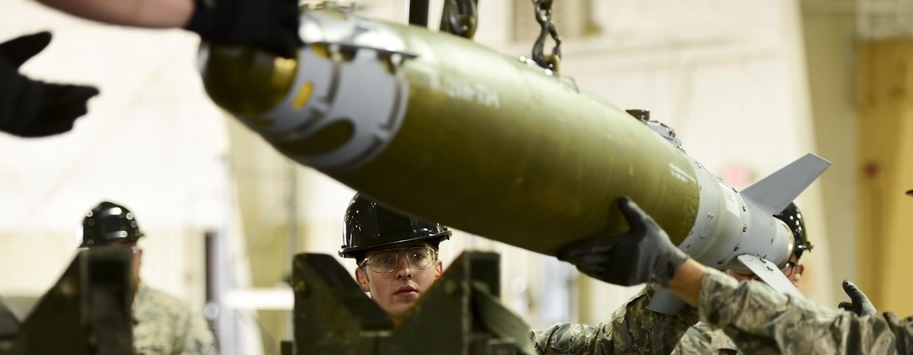Already a subscriber? Make sure to log into your account before viewing this content. You can access your account by hitting the “login” button on the top right corner. Still unable to see the content after signing in? Make sure your card on file is up-to-date.
The US government has announced a potential $1.96 billion arms sale to Qatar, which includes advanced drones, bombs, missiles, and surveillance equipment—mirroring a recent package approved for Saudi Arabia.
Some shit you should know before you read: If you didn’t know, Qatar’s military is relatively small but highly modernized, with most of its equipment coming from Western allies—mainly the US, France, and the UK. Over the past decade, Qatar has ramped up its defense spending, securing advanced platforms like French Rafale fighter jets, American Apache helicopters, Patriot missile systems, and German Leopard 2 tanks. In one major deal, it agreed to purchase 36 F-15QA fighter jets from the US for $12 billion. Regional tensions have played a major role in shaping Qatar’s defense posture—especially Iran’s influence on proxy conflicts spreading across the Middle East

What’s going on now: In an announcement, the State Department (through the Defense Security Cooperation Agency) revealed its approval of a $1.96 billion arms deal with Qatar, centered around the acquisition of eight MQ-9B unmanned aerial vehicles. The proposed package includes the drones and hundreds of Joint Direct Attack Munitions (JDAMs), general-purpose bombs, Hellfire II missiles, maritime radars, satellite communications equipment, and associated training and technical support.
These drones, known for their long endurance (over 30 hours of flight time) and high-altitude surveillance capabilities, would significantly enhance Qatar’s ability to conduct intelligence, surveillance, and reconnaissance (ISR) missions over both land and sea.
Qatar first formally requested the armed drones in 2020, but the deal stalled under the Biden administration due to US concerns over regional military balance and geopolitical sensitivities—particularly with Saudi Arabia and the United Arab Emirates, who have had strained relations with Doha in recent years.

The timing of the Qatar deal is notable, as it follows closely on the heels of another US arms sale to Saudi Arabia—approved for the purchase of 2,000 Advanced Precision Kill Weapon Systems (APKWS), valued at $100 million. That sale, announced just days prior, is part of a broader effort to equip Gulf allies with tools to counter threats from the Iran-backed Houthi rebels, who some analysts say are becoming more unstable and provocative as they intensify drone and missile attacks against commercial shipping in the Red Sea.






